Introduction
When it comes to building a successful online store, Magento has long been a leading choice, especially for large businesses. It’s powerful, feature-rich, and designed to handle complex eCommerce needs. But for many businesses, Magento’s high cost and technical complexity can be a barrier. If you’re running a small to medium-sized business or simply need a platform that’s easier to manage, you might be looking for something different.
Fortunately, there are many strong alternatives to Magento. Whether you need more flexibility, lower costs, or just a platform that’s easier to use, we’ve got you covered. In this article, we’ll explore five of the best alternatives to Magento, helping you find the right fit for your business needs.
Atwix is here to guide you through the process of finding the best platform and migrating seamlessly. Let’s dive into the top Magento alternatives.
If you’re ready to explore new options, our eCommerce Replatforming Guide can help you navigate the process.
Top 5 Magento Alternatives
Each eCommerce platform like Magento has its strengths and weaknesses. Here are the top five Magento eCommerce competitors that provide varying levels of customization, ease of use, and scalability. We’ll break down their features, pros, and cons to help you find the right one for your business.
See how we’ve helped other businesses with their Magento stores in our Wyze and Atwix collaboration case study.
1. Shopware
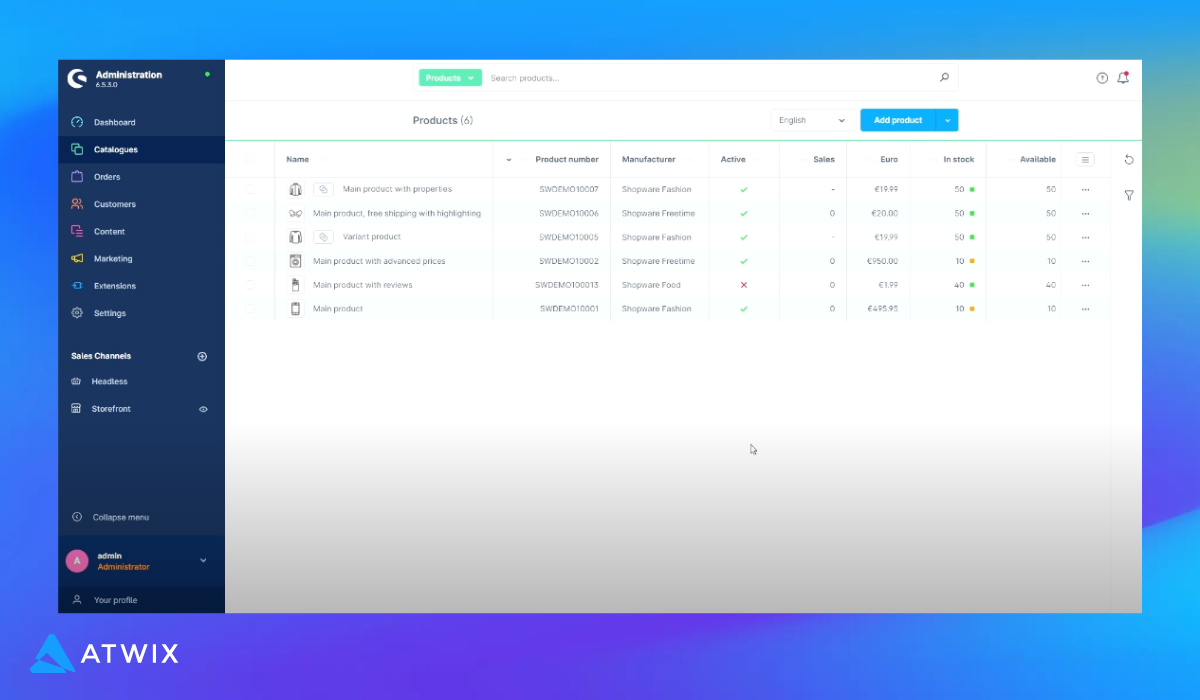
Overview
As a Shopware Platinum Partner, Atwix is uniquely positioned to help businesses harness the full power of this highly flexible and customizable platform. Shopware is an open-source eCommerce solution designed for businesses of all sizes, but it shines particularly in the B2B space. Its flexibility, combined with powerful tools for automation and customization, makes it an excellent choice for companies that need a tailored solution.
Considering migrating from Magento to another platform? Learn more about eCommerce migration and how Atwix can support your business through the process
Features
- Open-source, highly customizable
- Strong B2B and omnichannel capabilities
- Automation tools like Flow Builder and Rule Builder for streamlined processes
- PHP-based with headless architecture options
- Shopware PWA provides exceptional mobile performance and modern, app-like user experiences.
Pros
- Great for mid-sized businesses and beyond
- Excellent B2B capabilities
- Strong community support with plenty of learning resources
- High flexibility, especially with API-driven customizations
Cons
- May not be suitable for businesses with very small product catalogs
- Some features require technical knowledge
Best for:
Mid-market and large businesses, particularly those with B2B models, looking for flexible, scalable solutions with advanced customization options.
Bonus Insight
Looking for more reasons why Shopware is a top choice for B2B businesses? Check out our article on the 6 B2B Features of Shopware to learn how this platform can streamline your eCommerce operations.
2. BigCommerce
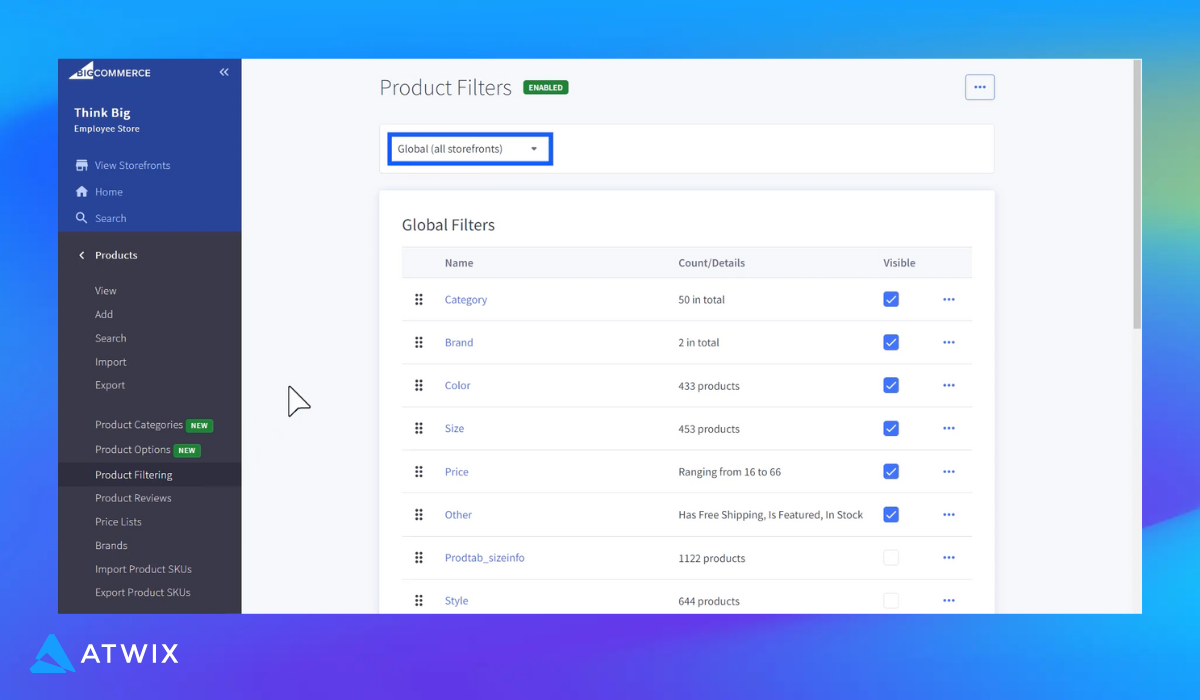
Overview
BigCommerce is a cloud-based platform offering robust eCommerce solutions for businesses that are looking to scale without the complexity of managing their own hosting. It’s particularly known for its SEO-friendly features and excellent third-party integrations, making it a strong choice for businesses looking to grow quickly and smoothly.
Atwix is proud to be a certified BigCommerce partner, helping businesses leverage the full capabilities of this powerful SaaS platform. BigCommerce is an excellent choice for growing businesses that want to scale without the complexities of managing their own hosting.
Features
- SaaS (Software as a Service) model with built-in hosting
- Strong SEO tools and mobile responsiveness
- API-driven for advanced integrations
- Excellent for multi-channel selling (Amazon, eBay, Google Shopping)
Pros
- Great out-of-the-box functionality with minimal need for plugins
- Scalability for fast-growing businesses
- Solid support for multi-channel retail and third-party integrations
Cons
- Customization costs can be high for complex requirements
- Limited flexibility in front-end customization compared to open-source platforms
Best for:
Growing businesses that need to scale quickly without getting bogged down in technical details, or those that value strong SEO out of the box.
Atwix’s Expertise
As a certified BigCommerce partner, Atwix is here to help you get the most out of BigCommerce. Whether it’s implementation, customization, or ongoing support, we can ensure your business scales seamlessly with the right tools.
Wondering how BigCommerce compares to Magento? Check out our detailed comparison: Magento vs BigCommerce
3. Shopify
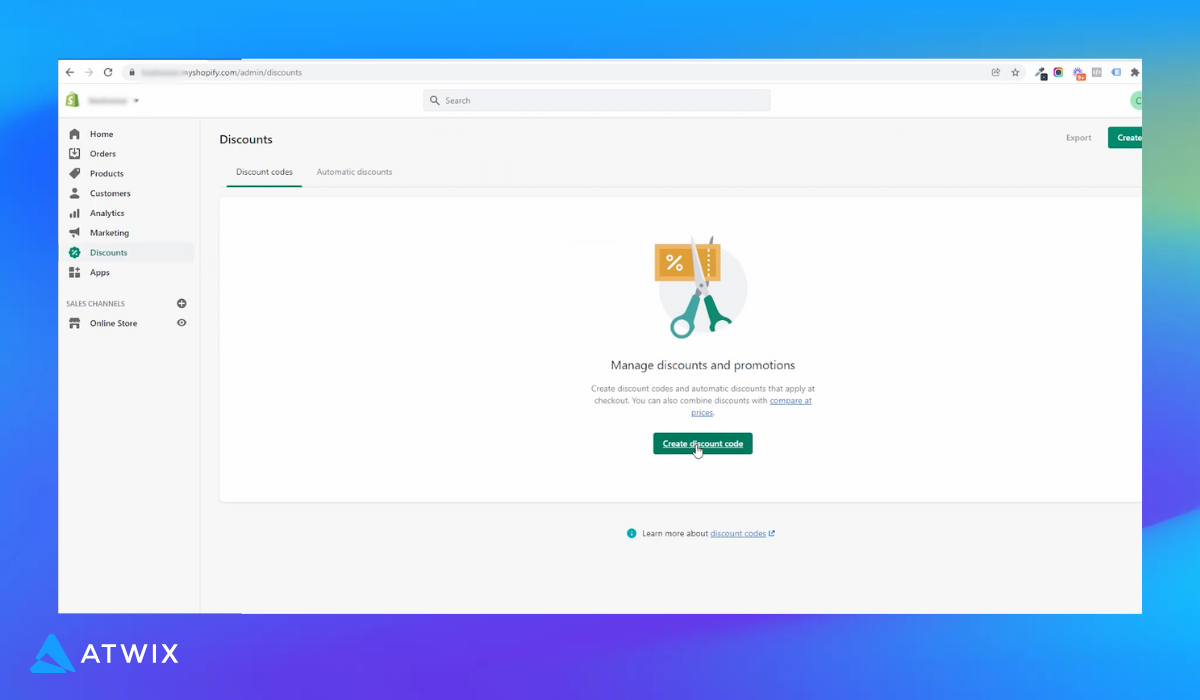
Overview
Shopify is one of the most popular eCommerce platforms in the world, known for its ease of use and quick setup. It’s a fully hosted, cloud-based solution, making it perfect for businesses that want to get started quickly without dealing with the technical complexities of hosting and maintaining their own store. Shopify’s extensive app store provides additional features and functionalities, but it can also lead to extra costs as businesses grow and need more advanced features.
Interested in how Shopify stacks up against Magento? Read our detailed comparison of Magento and Shopify.
Features
- Fully hosted solution with no need for self-hosting
- Extensive app store for additional functionality
- Mobile-friendly themes and easy-to-use interface
- Strong support with 24/7 customer service
Pros
- Perfect for small to medium-sized businesses with limited technical expertise
- Quick setup and an easy learning curve
- Built-in SEO and marketing tools, including abandoned cart recovery
- Offers multiple payment gateways
Cons
- Limited customization options compared to open-source platforms
- Transaction fees unless using Shopify Payments
- Can become expensive as more apps and features are added
Best for:
Small to medium businesses looking for a simple, scalable platform that’s easy to manage, especially for entrepreneurs just starting in eCommerce.
4. WooCommerce
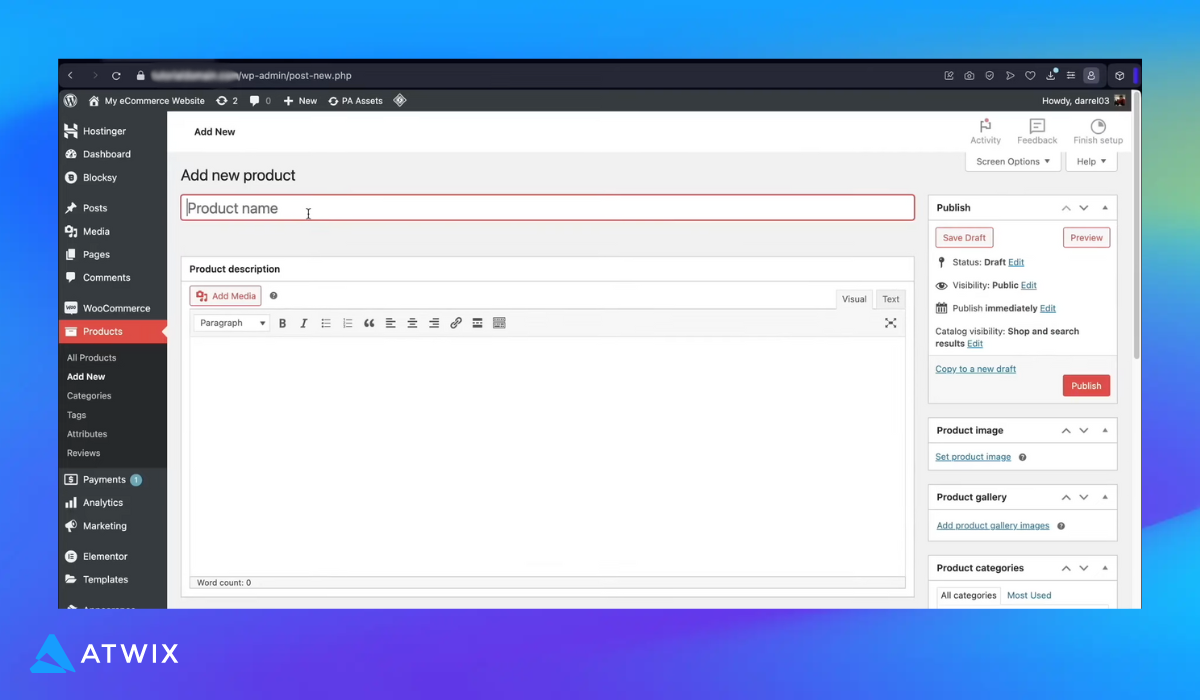
Overview
WooCommerce is a flexible, open-source eCommerce plugin for WordPress. It allows users to transform their WordPress site into an online store with ease. WooCommerce is ideal for businesses that already have a WordPress site or those that want the flexibility of integrating their eCommerce store with a powerful content management system (CMS). The platform is highly customizable with a large selection of themes and plugins to extend functionality.
Features
- Seamless integration with WordPress
- Large selection of themes and plugins for customization
- Strong community support and documentation
- Flexible payment gateways and shipping options
Pros
- High level of customization and flexibility
- Free to start, but additional plugins and themes can add up in cost
- Large community of developers and users for support
- SEO-friendly due to its integration with WordPress
Cons
- Can become costly with the need for additional plugins
- Requires more hands-on management compared to fully hosted platforms
- Dependent on WordPress for updates and security
Best for:
Businesses that already use WordPress and want full control over their online store’s customization and functionality. Ideal for content-heavy websites that want to integrate eCommerce functionality.
5. Salesforce Commerce Cloud
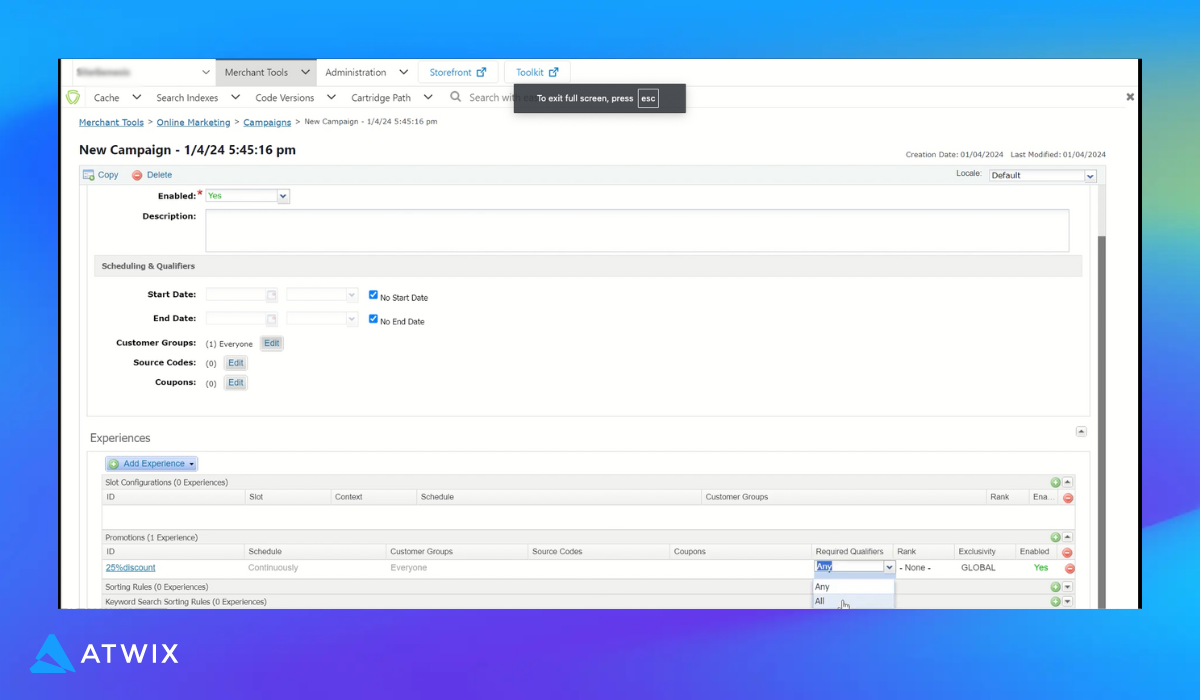
Overview
Salesforce Commerce Cloud is an enterprise-level eCommerce solution designed for businesses looking for scalability and omnichannel capabilities. This platform integrates seamlessly with Salesforce’s ecosystem, making it a great choice for businesses already using Salesforce’s CRM or other services. Salesforce Commerce Cloud excels in helping businesses manage customer relationships, marketing, and sales in a unified platform.
Features
- Omnichannel capabilities for seamless integration across various sales channels
- Deep integration with Salesforce’s CRM, marketing, and analytics tools
- Personalization options powered by AI
- Excellent scalability for large enterprises
Pros
- Ideal for large businesses that need advanced marketing and CRM integration
- Highly scalable with robust personalization features
- Strong support and extensive partner network
Cons
- Expensive and complex to implement
- Best suited for large businesses with the resources to manage and maintain it
Best for:
Large enterprises that need comprehensive omnichannel support and integration with Salesforce’s ecosystem for managing customer data and marketing efforts.
For a closer look at how Salesforce Commerce Cloud stacks up against Magento, explore our full comparison here: Magento vs Salesforce Commerce Cloud
The Right Magento Alternative for Your Business
Choosing the right eCommerce platform depends on your business’s unique needs. Each alternative to Magento offers specific strengths, and it’s essential to align these with your business goals. Here are the key factors to consider when making your decision:
1. Business Size and Growth Potential
Your current business size and future growth are critical when selecting an eCommerce platform.
- Small to Medium Businesses: Platforms like Shopify or WooCommerce are well-suited for small to medium-sized businesses. They offer ease of use, scalability, and a range of essential features without requiring much technical expertise. Shopify, in particular, allows quick setup with minimal hassle, perfect for entrepreneurs.
- Large Enterprises: If you’re a large business, BigCommerce or Salesforce Commerce Cloud are better fits. Both platforms are designed to handle large volumes of traffic and complex product catalogs, with features that support enterprise-level operations.
2. Budget and Costs
Your budget plays a significant role in choosing the right platform. Consider the following:
- Initial Costs: Platforms like Shopware and WooCommerce may have lower upfront costs, especially with their open-source nature. However, you may incur additional expenses for hosting, plugins, and themes.
- Ongoing Costs: Shopify and BigCommerce follow the SaaS model, meaning you’ll pay monthly fees, which include hosting and support. Customization and added features can increase costs over time, but they also reduce the burden of managing your own servers.
3. Technical Expertise
The level of technical expertise required varies between platforms.
- Low Technical Requirements: If you don’t have an in-house developer or technical team, Shopify and BigCommerce are user-friendly and require minimal technical knowledge.
- High Customization with Technical Expertise: Shopware and WooCommerce offer higher levels of customization, but you’ll need some technical skills or a developer to take full advantage of these platforms. They’re ideal if you want complete control over your store’s features and functionality.
4. Features and Flexibility
Each platform offers different levels of flexibility and features.
- Customization: Platforms like Shopware and WooCommerce provide the highest level of customization. You can tweak nearly every aspect of your online store to meet your specific needs. These platforms also support various third-party integrations for enhanced functionality.
- Scalability: If your business is growing fast, BigCommerce and Salesforce Commerce Cloud are built for scalability. They handle high traffic and large product catalogs with ease, making them perfect for businesses expecting rapid expansion.
5. User Experience and Design
The design and user experience of your online store can have a significant impact on customer satisfaction and sales.
- Ease of Use: Shopify offers a wide range of professional, ready-made themes that are easy to customize without needing coding knowledge.
- Advanced Design Capabilities: WooCommerce and Shopware offer more advanced customization options for those who want full control over the look and feel of their store.
6. Support and Community
Good support can make a big difference, especially if you run into issues.
- Robust Support: BigCommerce and Salesforce Commerce Cloud offer comprehensive customer support, including 24/7 assistance.
- Community-Driven Support: Open-source platforms like WooCommerce and Shopware have large communities that provide helpful forums and resources, but you’ll likely need to rely more on community-driven solutions than dedicated support.
Still unsure which platform fits your needs? Check out our detailed guide on how to choose the right eCommerce platform.
Final Consideration
Think about what matters most for your business: ease of use, cost, scalability, or customization. The right platform is the one that meets your specific needs while offering room for future growth.
At Atwix, we specialize in helping businesses choose and migrate to the best eCommerce platform. Whether you need a fully hosted solution or a customizable open-source option, we’re here to guide you through the process. Get in touch with us today for a personalized Magento consultation.
Conclusion
Magento is an incredibly powerful platform, but it’s not for everyone. Its complexity and cost make it better suited for large enterprises with dedicated development teams. If you’re a small or medium-sized business, or if you just want a platform that’s easier to use, it’s worth considering some of the great Magento alternatives available today.
Whether you’re looking for the flexibility of Shopware or WooCommerce, the scalability of BigCommerce, or the simplicity of Shopify, there’s an eCommerce platform out there that will fit your business needs.
When deciding which platform to choose, consider your business size, budget, technical capabilities, and growth potential. No matter which option you go with, ensure it aligns with your long-term business goals.
At Atwix, we’ve helped countless businesses choose eCommerce platform and make a seamless transition. Whether you’re migrating to Magento or starting fresh with a new platform, our team is ready to help. Reach out to us for a free consultation, and let us guide you toward success with the perfect eCommerce platform.
